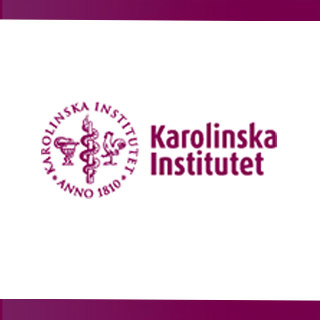
Cancer developed in the pancreas serves limited measures for treatment and seems to have a poor forecast. It is mainly related to two common cellular changes particularly mutations within the same frame of cancer genes called RAS and a molecular signal transmission structure that is usually revived during the process of embryonic growth.
The research focused on how RAS and the Hedgehog pathway interact in the development of pancreatic cancer in mice. When the cancer genes revive in the RAS family they cause the tumor cells to secrete the factor SHH which is observed to revive Hedgehog alertness. This therefore resists the tumor cell’s own capability to revert to this specific type of simulation.
Resisting the Hedgehog responses in this phase appeared to help in the emergence of the tumor cells while the surrounding cells continue to develop. In a later phase, when the tumor cell evolves to be more destructive, the obstruction is moved in order to avoid the growth of tumor cells through Hedgehog signaling. Research conducted by the scientists also discovered that proteins direct the tumor cells sensitivity towards SHH.
The main reason highlighted for ineffective forecast of the tumor cells connected with pancreatic cancer was that the disease is difficult to identify at the primitive stage. The researchers anticipate this analysis could be an asset in the improvement of better diagnostic methods and treatment strategies.
The research is published in the journal Nature Structural & Molecular Biology.
